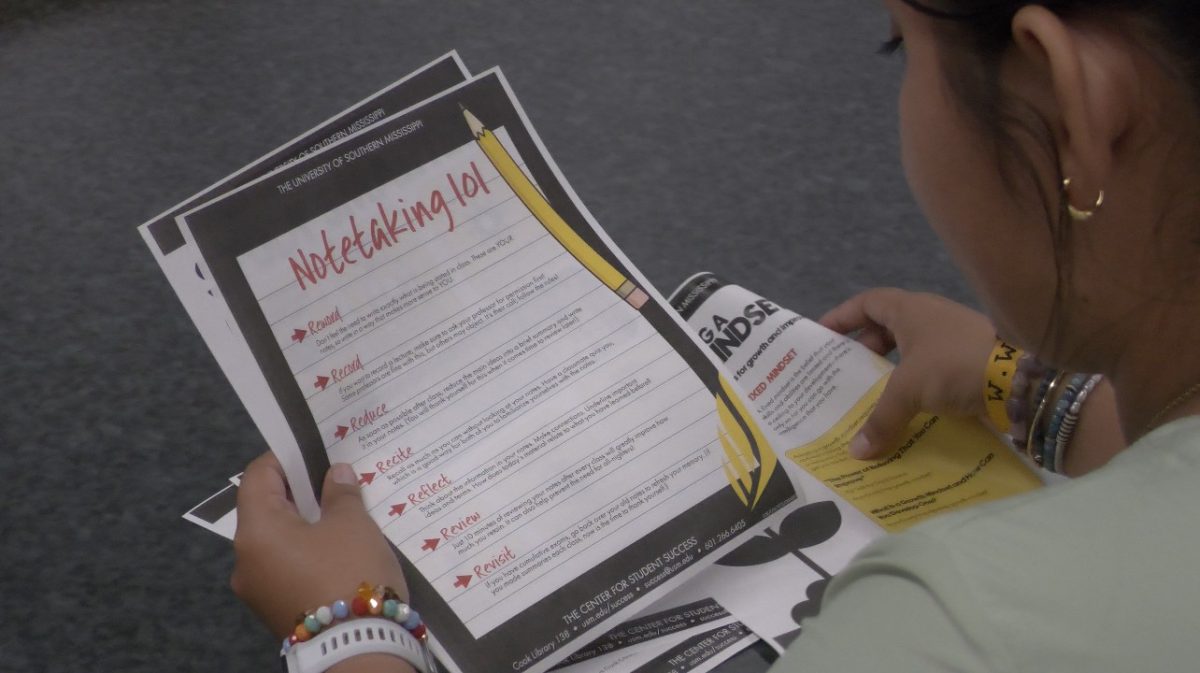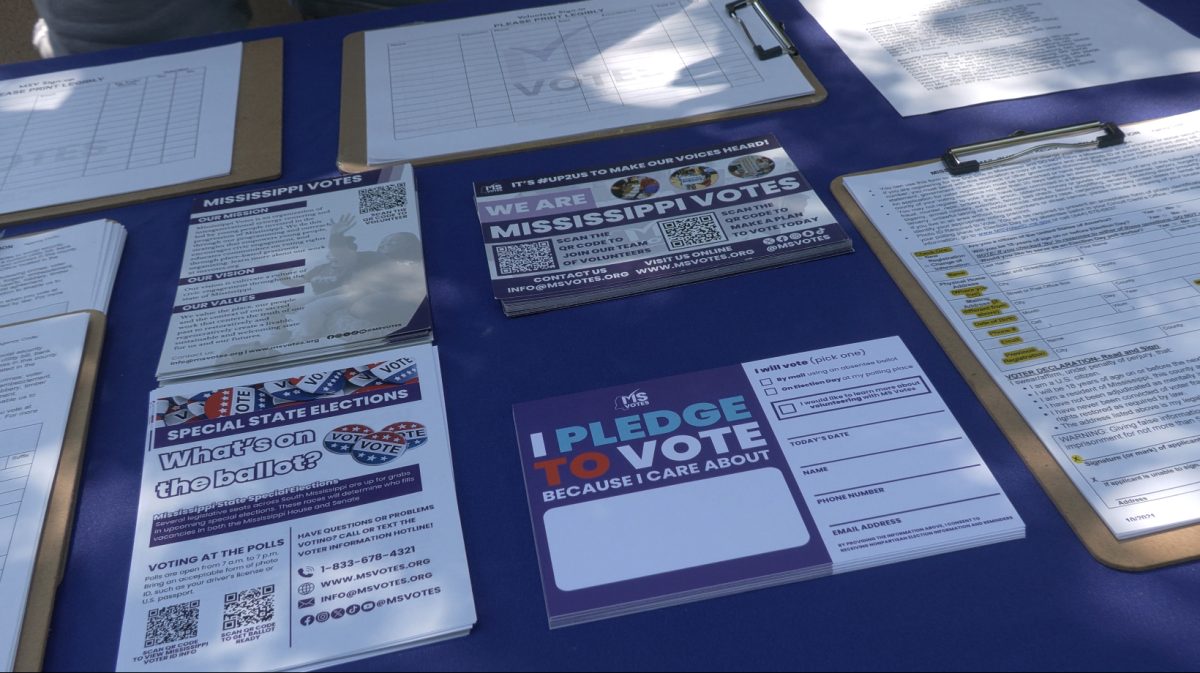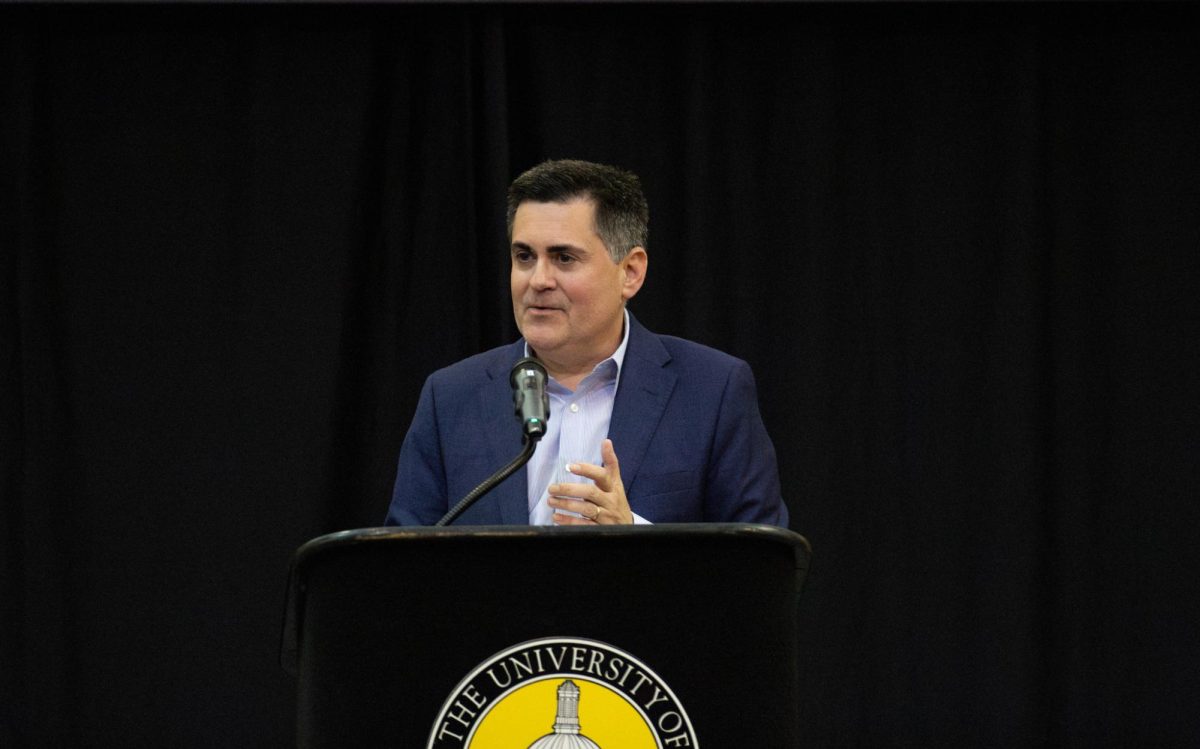On Tuesday, Oct. 3, President Rodney Bennett approved academic calendar changes proposed to him by The Scheduling Task Force. Assistant Provost and Chair of the Scheduling Task Force Debby Hill formed the Force in September of 2016 to add an additional week to now 14-day intersessions. The Force is composed of 26 members from all six colleges, the Admissions Office, the Office of Financial Aid, the Student Government Association and more. The proposed three-week intersessions that will be offered in January, May and August prompted the Force to shorten the academic calendar. With the changes, the school year will begin a week later and end a week earlier than usual with the proposed start date of August 29 and end date of May 10.
Currently, classes at The University of Southern Mississippi meet for 17 weeks (including exam week) per semester. The Force was able to shorten each semester by two weeks, also including exam week. To do so, the Force had to consider the Institution of Higher Learning’s (IHL) minimum required contact minutes (the amount of time students are in class) of 750 minutes per credit hour and Federal Financial Aid’s minimum of 15 weeks in the fall and spring semesters.
The university achieved a 15-week schedule by adding 10 minutes to currently 50-minute Monday, Wednesday and Friday classes, 15 minutes to currently 75-minute Tuesday and Thursday classes and 30 minutes to currently 165-minute block (or night) classes. Hill said that the additions are not designed for faculty members to lecture for the entire class period, but rather to further engage with their students.
“I’ve taught these 50-minute classes,” Hill said. “If you want to have any type of engagement with the student to find out what’s going on in real life instead of just your subject material, by the time you have any type of classroom management or discussion, the period is over with. You don’t have time to really get in the meat of it. Adding even 10 minutes can help do that.”
Hill also thinks classes that meet on Tuesday and Thursday will be able to do more group activities.
“[The time changes] are not designed for teachers to lecture the entire hour and a half,” Hill said. “I know the mind can only handle so much, but it would definitely help with getting more academic engagement opportunities.”
Moreover, according to the Executive Summary, the changes allow for students to keep all holiday breaks, provide a standardized schedule for block classes, balance the offerings with prime time meeting patterns, sync the meeting patterns with the Gulf Park campus, increase space utilization from 52 percent to 74 percent (using fall 2016 course offerings as a model,) and add the official scheduling of a student “Reading Day” (commonly referred to as Dead Day) prior to the start of final exams.
Prior to the proposal being approved, focus groups were held with members of the SGA Senate, who were found to be mostly in favor of the idea according to Hill.
When Assistant Professor of Sociology and Interdisciplinary Studies Katie James announced the proposal to her Sociology 101 class two weeks ago, she was met with groans. James attributed that to students not understanding the possible benefits of longer classes.
“I think they may not have realized that longer classes will lead to a shorter semester, which will benefit them in a number of ways,” James said. “I think having slightly longer classes will allow us to explore issues more deeply in class. I also think that the shortened semester (in terms of weeks) will provide more opportunities for students to take classes during the intersession, which is an option that many of our students need so that they can balance courses with work and/or family obligations.”
The extra time given to intersessions is meant to give students the option of taking less classes at once. For example, a student could sign up for four intersessions (two in Fall Session 1 and two in Fall Session 2) and one regular session to have a total of 15 credit hours, the minimum amount required to be considered a full time student.
For more information about the Scheduling Task Force, visit www.usm.edu/provost/ scheduling-task-force online or call the Office of the Provost at 601.266.5002.
































